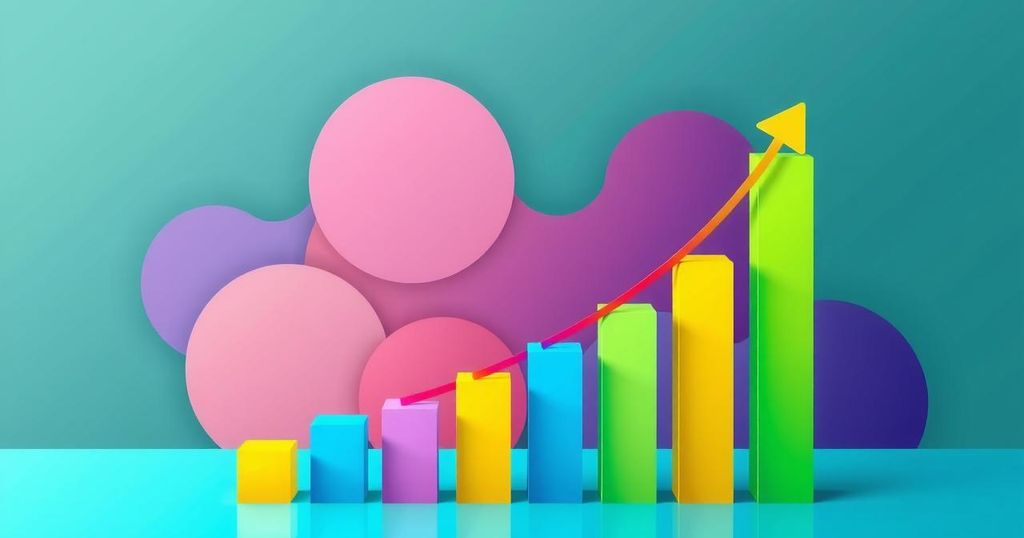Nigeria’s inflation rate fell to 23.2% in February, marking its second consecutive decline due to a methodological adjustment by the National Bureau of Statistics. This rebasing of the Consumer Price Index adjusted the base year and expanded the inflation basket to better reflect current consumer spending.
In February, Nigeria’s inflation rate decreased to 23.2 percent, marking the second consecutive decline following a methodological adjustment by the National Bureau of Statistics (NBS). The annual consumer price growth decreased from 24.5 percent in January, as reported by the NBS in an email on Monday. This reduction in inflation aligns with the recent release of the rebased Consumer Price Index (CPI) data, which was adjusted from 34.8 percent to 24.48 percent.
The NBS conducted this rebasing exercise to better reflect current household expenditure patterns and to update the composition of Nigeria’s inflation basket. As part of this overhaul, the agency shifted the base year for price references from 2009 to 2024 and increased the total number of items in the inflation basket from 740 to 960. This significant change recognizes the period of intense price pressures influenced by various economic factors.
Nigeria’s inflation has shown a downward trend for two consecutive months, a positive indicator for the economy. The rebasing of the Consumer Price Index has provided a more accurate reflection of current consumer behaviors and expenditure, potentially aiding in more effective fiscal and monetary policies. As the economy adapts to these changes, continued monitoring will be essential to evaluate inflation trends moving forward.
Original Source: businessday.ng




